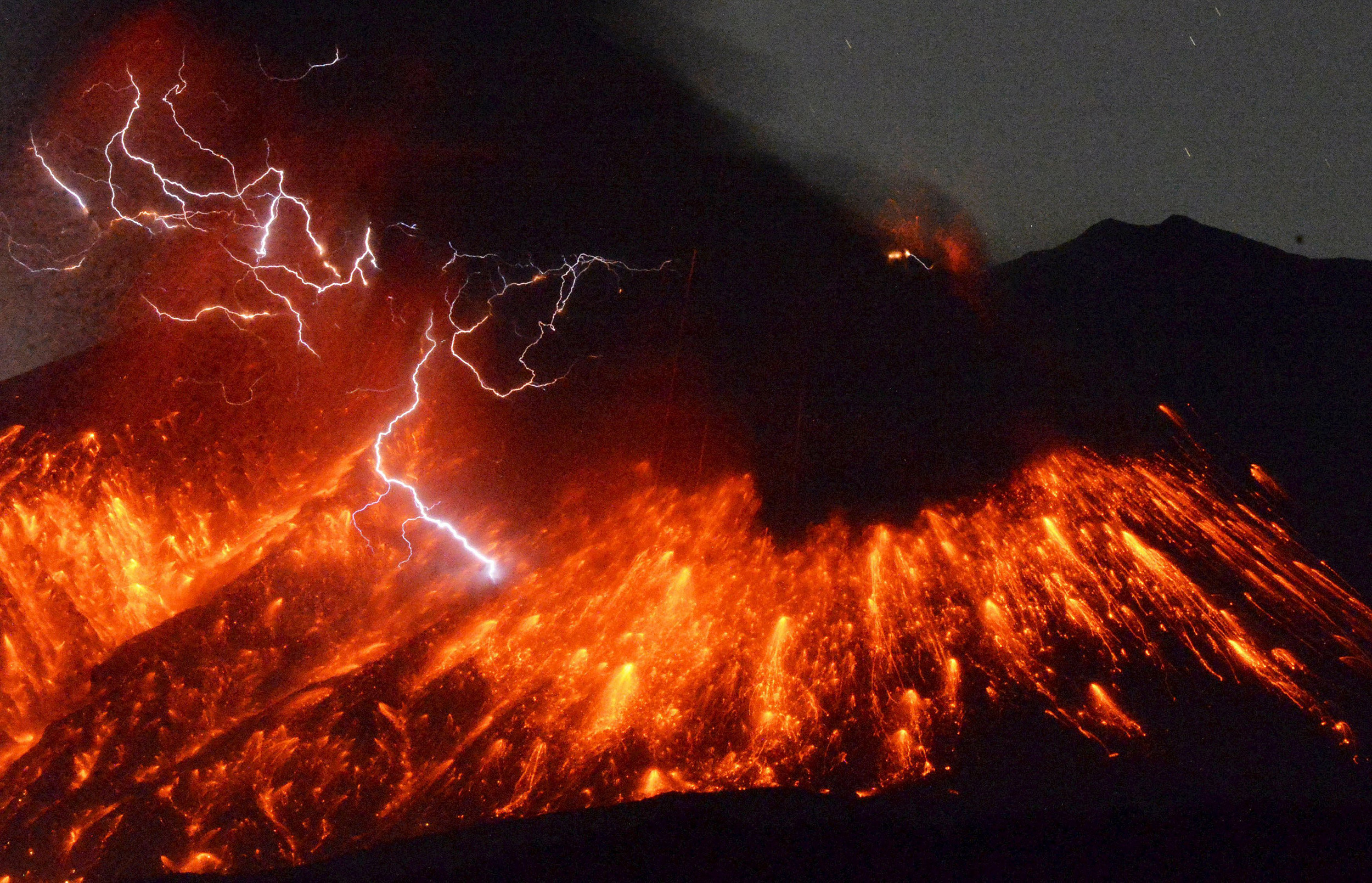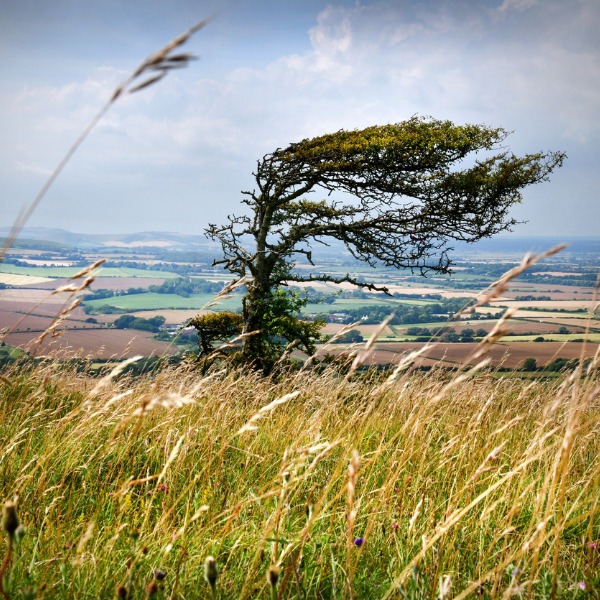Word, Wind and Fire - Pentecost and diversity
On this feast of Pentecost when we tell stories about words and language I just greeted you in the 3 official languages of Aotearoa / New Zealand and then, as an acknowledgement of Samoan language week, in Samoan. When I titled this sermon I remembered that rock group that’s been around since the 70s “Earth, Wind & Fire”. I considered Bird, Wind & Fire and then settled on “Word, Wind and Fire” which seemed to capture more fully the images of the Holy Spirit in our readings today. And we’re going to examine them in the opposite order but “Fire, Wind & Word” just didn’t have the same ring.
Pentecost doesn’t belong to us just as the Holy Spirit doesn’t belong to us. We like to say it's the birthday of the church & we have balloons and sometimes cakes and candles. But Pentecost was around long before the events described in Acts. Pentecost is a Greek word meaning 50 and refers to a feast held 50 days after Passover. In the Hebrew scriptures you will find it referred to as the Feast of Weeks being 7 weeks after Passover and it began its life as an agricultural festival celebrating the beginning of harvest. Over time in Judaism it came to be associated with Moses and the giving of the Law & the making of the covenant with Israel.
Why is this story of the coming of the Holy Spirit to the early church set during this festival? If the writer of Acts included setting details like the occasion (Pentecost) and the place Jerusalem - it was because they also had theological meaning. The pilgrims were in Jerusalem to celebrate the giving of the law - the covenant which made them the people of God.
Thus we reflect back to Moses at Sinai. In Exodus 19 when Moses goes up the mountain there is thunder & lightening and fire and cloud and smoke - it sounds like a description of some of those terrifying volcanic eruptions we see on the news sometimes. At Sinai the writer tells us “the Lord had descended upon Mt Sinai in fire”. So going back to the time of Moses, fire was a symbol of God’s presence. At Sinai it was so terrifying the people refused to go up the mountain with Moses. This coming of the Holy Spirit in Jerusalem involves fire but it feels gentler and it is not just one big fire given to the group as a whole but it is divided into tongues of flame resting over the head of each individual. The Holy Spirit comes to this new community of people but also individually to each one.
Fire is necessary, it is fully of energy - we need it for light & warmth, cooking and protection from the wild beasts but it is also dangerous - something to be respected, not something we can always control as the increasing number of wildfires both here and abroad remind us. Here under God’s direction the fire is gentle like a dove and delicately controlled. The presence of the Holy Spirit in our lives is energising and nourishing, chasing away the darkness and our fears, inspiring and enabling us but never controlled by us. We have no control on whom the spirit lights, no one was excluded the spirit came to each one.
Before the fire there was the wind. In English we miss the wonderful word play here. Both the Hebrew and the Greek language used a single word to denote wind, breath or spirit. Pneuma in greek, Ruach in Hebrew. This story in Acts takes us right back to the creation story, through the Hebrew scriptures and on to the beginning of Luke’s first volume, the gospel of Luke.
Genesis begins with “When God began to create the heavens and the earth, 2 the earth was complete chaos, and darkness covered the face of the deep, while a wind from God, swept over the face of the waters. 3 Then God said …” So wind/spirit/breath are there from the beginning, some translators suggest that “wind from God” could also be translated “mighty wind” a bit like the wind described in Acts. Then God spoke - here we have wind and word. Perhaps we can then see this story in Acts as a story of new creation involving wind/spirit and word.
If we move forward in Genesis 2 “The Lord God took some soil from the ground and made a man. God breathed life into the man, and the man started breathing.” here is breath (the same word as wind or spirit) bringing life. Peter in his sermon quotes the prophet Joel describing a life-bringing, renewing saving outpouring of God’s Spirit, God’s breath. One image of this Pentecost event is to see God breathing energy and life into this new community as they become the people of God.
In the beginning of Luke’s gospel tJohn the Baptist says of Jesus “He will baptise you with the Holy Spirit and fire.” The story of Jesus’ own baptism follows immediately “the heaven was opened, and the Holy Spirit descended upon him in bodily form like a dove. And a voice came from heaven…” the Spirit hovers like a bird - echoing the same hovering word found in Genesis describing the Spirit sweeping/moving/hovering over the waters then God speaks … Luke brings together word, wind and fire at the beginning of Jesus’ ministry and at the beginning of the ministry of his church.
The mythic story of Babel focuses on the origin of language.
Like so many stories in scripture - this one is highly structured - it builds to the critical piece in the centre of the story then resolves it in the 2nd half. It begins with a unity that is uniformity “Now the whole earth had one language and the same words …” the people settle in ONE place & build the tower “otherwise we shall be scattered abroad upon the face of the whole earth.” - they are fearful to move out. Uniformity in their language, culture and geography. This passage does not mention pride but fear and uniformity as being the problems. They were trying to build their tower out of nice neat uniform mud bricks to reach the sky, to reach God … “The Lord came down to see the city and the tower, which mortals had built.” God in this 2nd part of the story comes down among humanity, just as the Holy Spirit comes to dwell among humanity in Acts.
From Genesis 1 “Let us make humans in our image, according to our likeness … So God created humans in his image,
in the image of God he created them;
male and female he created them.”
All of humanity in all of our diversity reflect God’s image. The the story tells us “God blessed them, and God said to them, “Be fruitful and multiply and fill the earth..” the Missional God was sending out from the beginning.
What do we find in Babel? - people valuing uniformity - one language, one culture, one place… God intervened and gave them a nudge - diversity in language and culture and geography. Pentecost with its surprising sign of speaking multiple language doesn't’ “undo Babel”. If they just wanted to communicate the Good news to all the pilgrims gathered - they could have rushed outside speaking Koine Greek - the common language of the day. But no here they embrace the diversity of the visiting pilgrims and speak in their heart language.
When I was a final year medical student I did my elective in India, I spent 10 weeks in a small mission hospital and attended chapel there regularly where everything was in Hindi. Back in Delhi I went to a worship service with other ex-pats and as we sang together I started crying - it was so profoundly moving to be back worshiping God together with others in the language of my heart.
Language is a marker of culture and ideas. We are a multicultural nation. We are a nation whose First People are Māori so we incorporate Te Reo in our services. It is not enough to say of others “they should learn English”. The Holy Spirit was given to us not so we could go out make others be like and speak like us but to encourage and enable us to go out and embrace others’ diversity, learning from them as we love them, embracing others who look and speak differently, who may have differences in sexuality or gender, race, education, ability or social class.
Today at Pentecost we celebrate the Holy Spirit coming with Word, Wind and Fire, the breath of life in our community, embracing our diversity, coming to all, energising and nourishing us and sending us out to go forth breathing life, communicating in ways others can understand and sharing the warmth of God’s love.
The Holy Spirit is here, Praise God.
Kei konei te Wairua Tapu, whakamoemititia te Atua. Amine.




Comments
Post a Comment